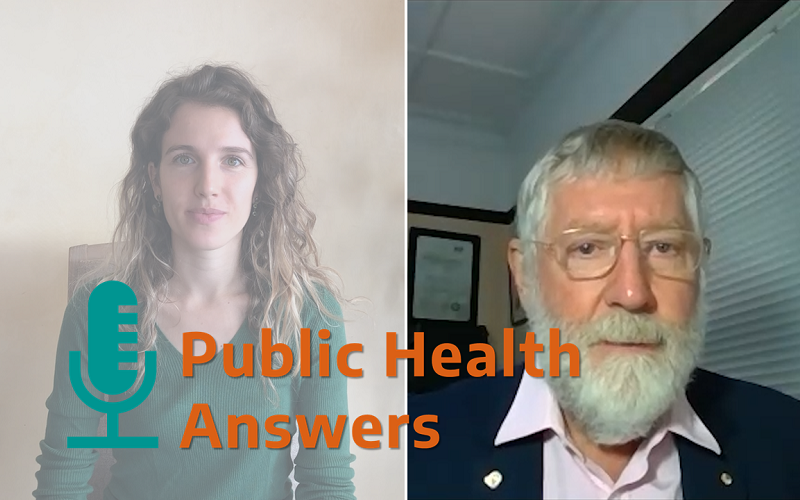
Public Health Answers: Trust in Science during the COVID-19 Pandemic

Public Health Answers: Trust in Science during the COVID-19 Pandemic
News
Jul 22, 2021
In this episode of Public Health Answers, we talk to Dr Michael Moore AM, Former Minister of Health and Community Care and an Independent member of the Australian Capital Territory Legislative Assembly from 1989 to 2001, to know how public health experts and politicians can work together to build up trust in science among community when facing a pandemic.
Click on the link below to watch the video on our YouTube. Let us know what you think and what questions you would like to ask public health experts. Share your thoughts and questions in the comments below the video.






Recent Comments